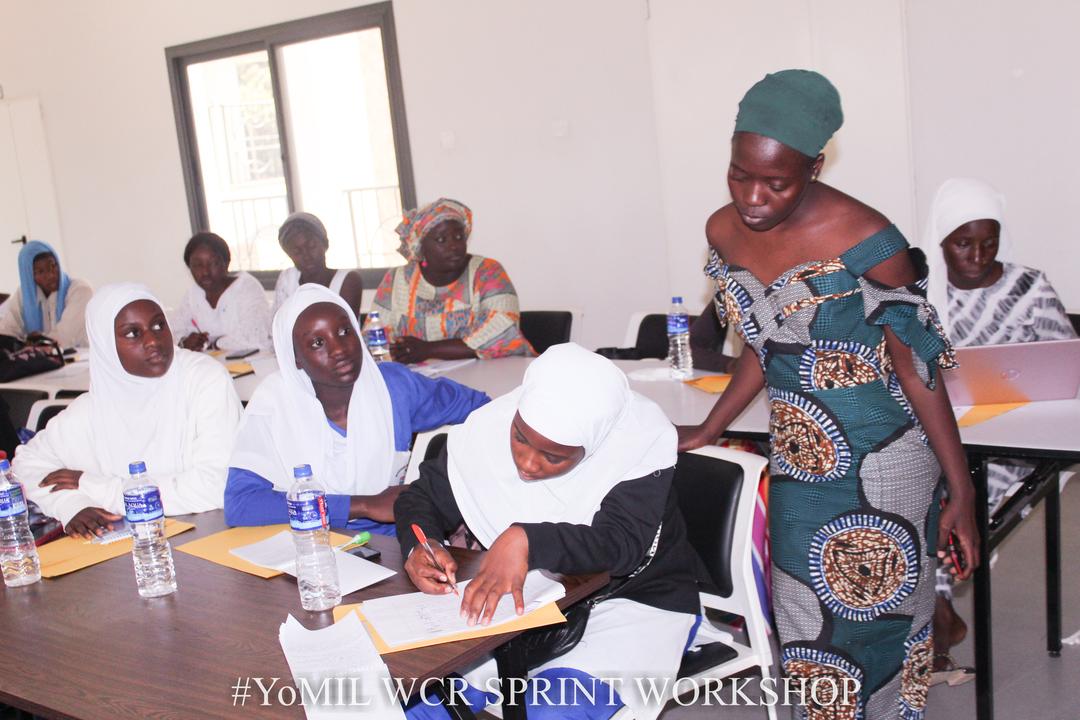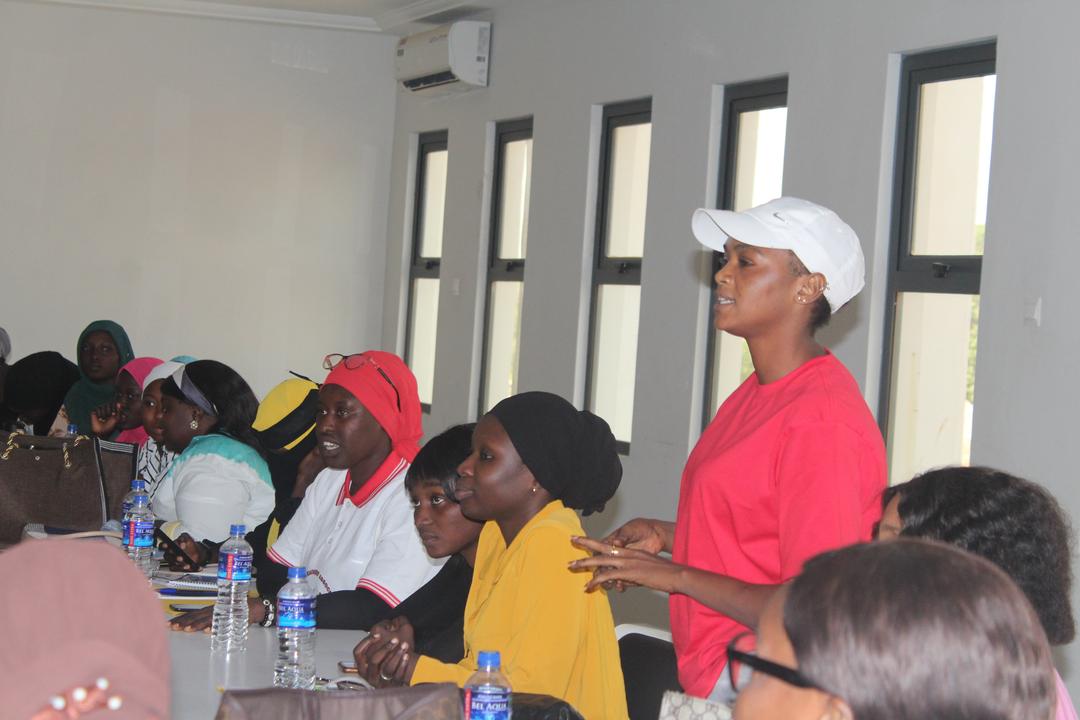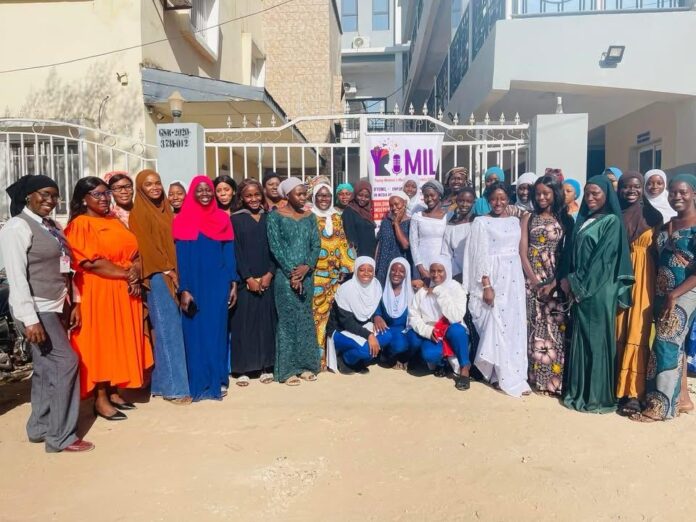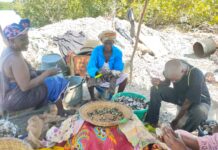By: Ebrima Mbaye
In a bid to empower women in the media sector, the Young Women in Media and Information Literacy (YoMIL) initiative is conducting a series of training sessions across all regions in The Gambia. A training co-implemented by the Media Academy for Journalism and Communication (MAJaC) and r0g / agency, with funding from the German Government, the initiative aims to equip young women with critical media skills, ethical reporting techniques, and digital security awareness.
The latest training at the Teachers House in Brikama, West Coast Region (WCR), brought together fifty female journalists, communications officers, civil society organization (CSO) members, and press club members. The three-day workshop focused on themes such as media law and ethics, fact-checking, critical thinking, and leadership in the newsroom.
Meita Touray, YoMIL’s Project Manager, emphasized the initiative’s importance in supporting young women entering the media sector.
“With the right training, women in the media can advance their careers and contribute meaningfully to the sector,” she said. “This training covers key areas such as career paths, media law and ethics, fact-checking, and critical thinking. It ensures that young women have the right literacy skills to transition smoothly into the industry.”

Touray revealed that YoMIL has already trained over 100 women across all regions and is targeting 280 participants, who will then pass on their knowledge to others. She also announced that she would develop a guide incorporating participant feedback to uplift women in the media further.
Isatou Keita, a media specialist and lead trainer for YoMIL, highlighted the evolving digital landscape and the need for media professionals to be well-equipped.
“The objective of this training is to build the capacities of women in the media, enhancing their ability to engage with information critically,” she explained.
“Given today’s digital age, participants must learn to identify credible sources and differentiate between misinformation, disinformation, and propaganda.”
Keita also stressed the importance of digital safety, as female journalists often face online harassment.
“We are empowering them to use digital platforms safely and responsibly, helping them navigate online threats and use their voices to shape narratives on gender, human rights, and societal development,” she added.

Participants expressed appreciation for the training, describing it as transformative.
Michaela Fright, a journalist from The Fatu Network, said she attended the workshop to enhance her media literacy skills.
“The most important lessons for me were critical thinking, fact-checking, and responsible media engagement,” she noted. “I plan to apply these skills by promoting accurate information, avoiding misinformation, and educating others.”
Sasum Cham, a communications officer, shared how the training deepened her understanding of gender inequality in the media.
“The challenges women face in the media industry, particularly gender inequality, were highlighted during the workshop,” she said. “Women deserve equal rights and opportunities in both workplaces and society. As an advocate, I will use my media platforms to raise awareness about women’s rights and empowerment.”






